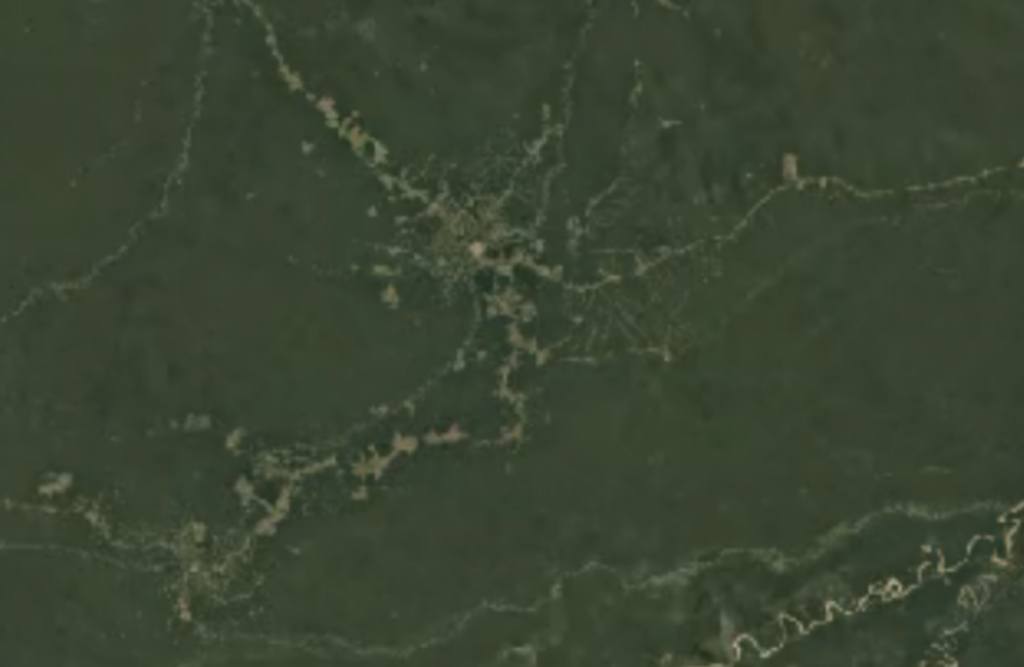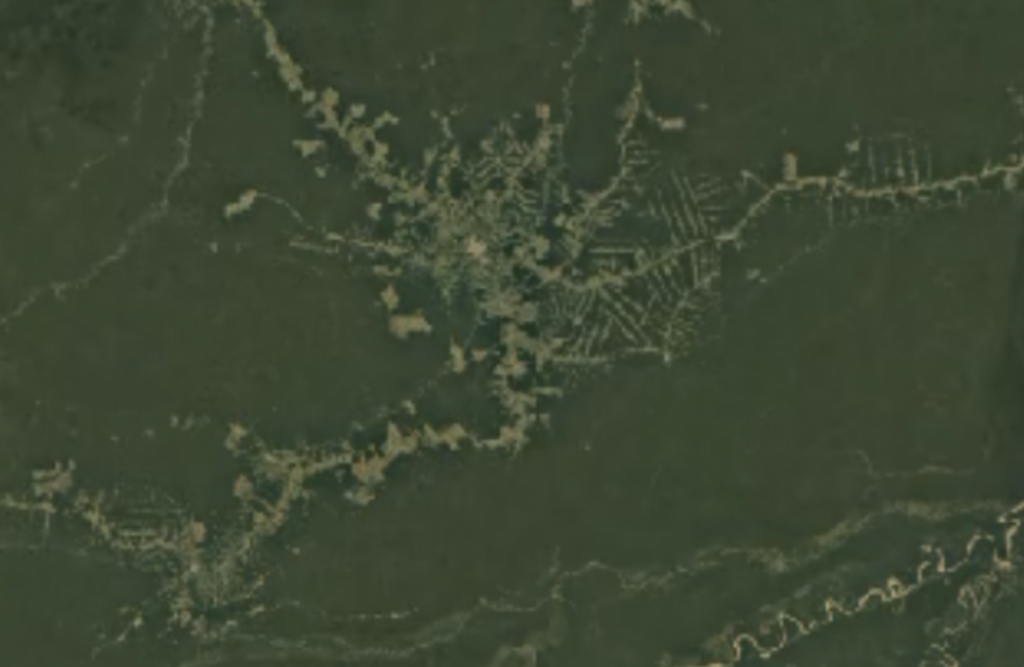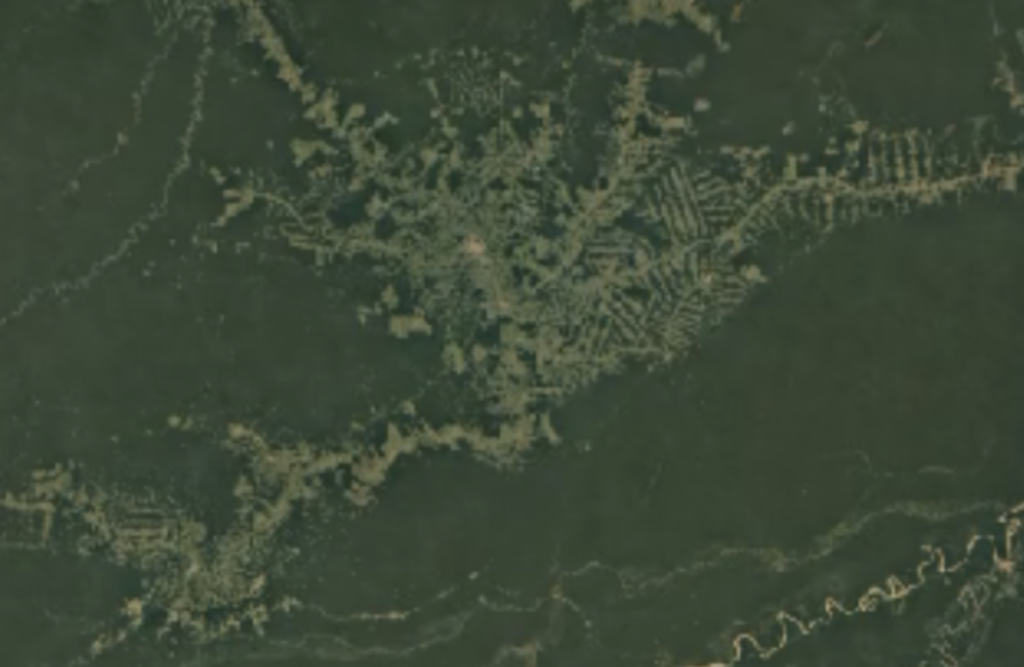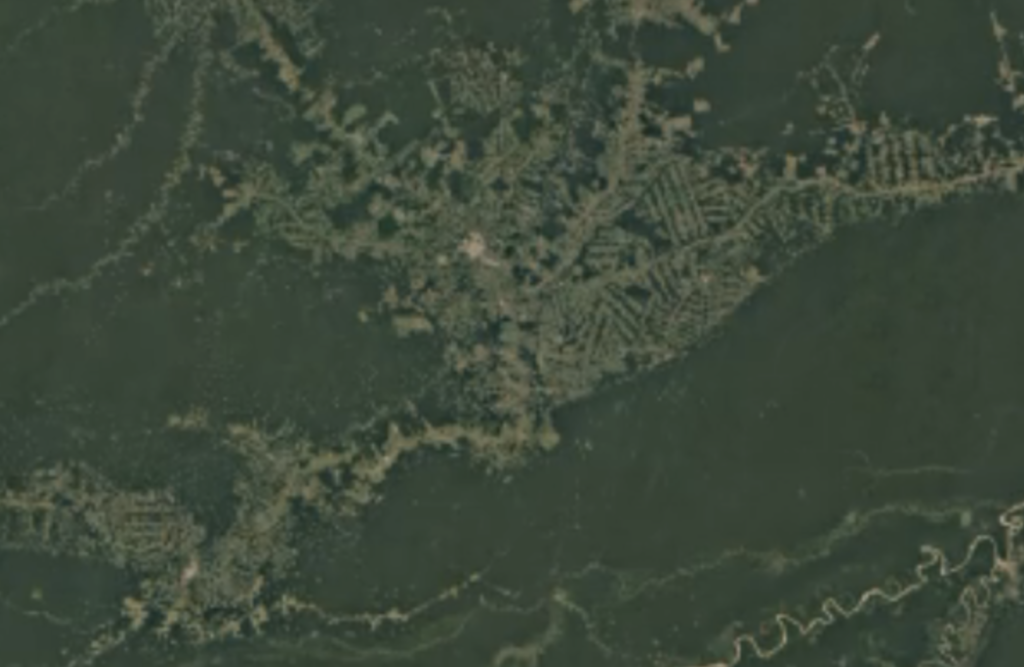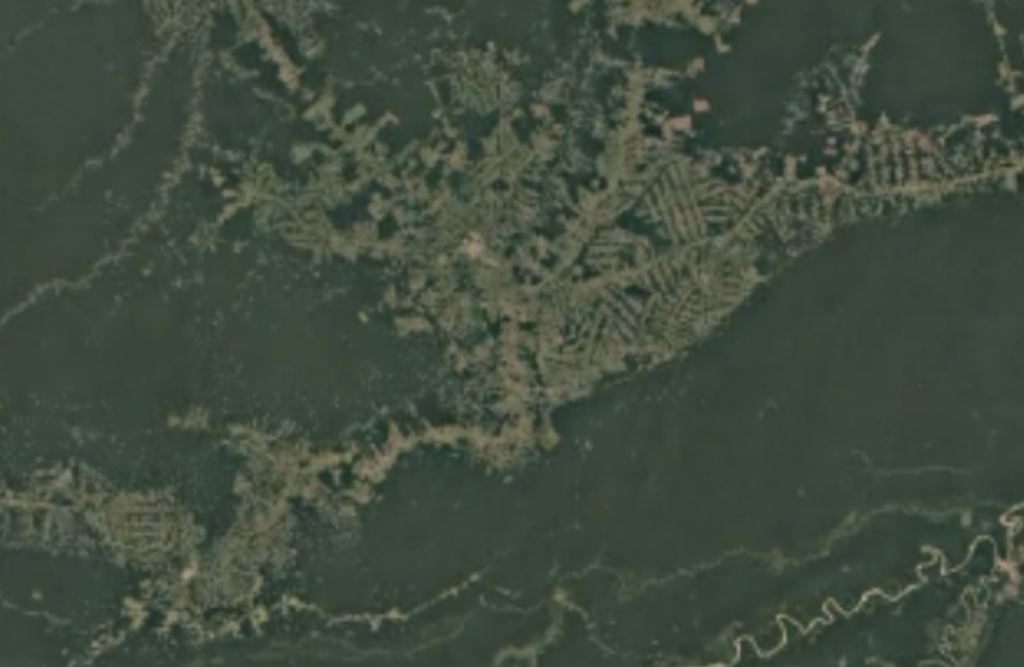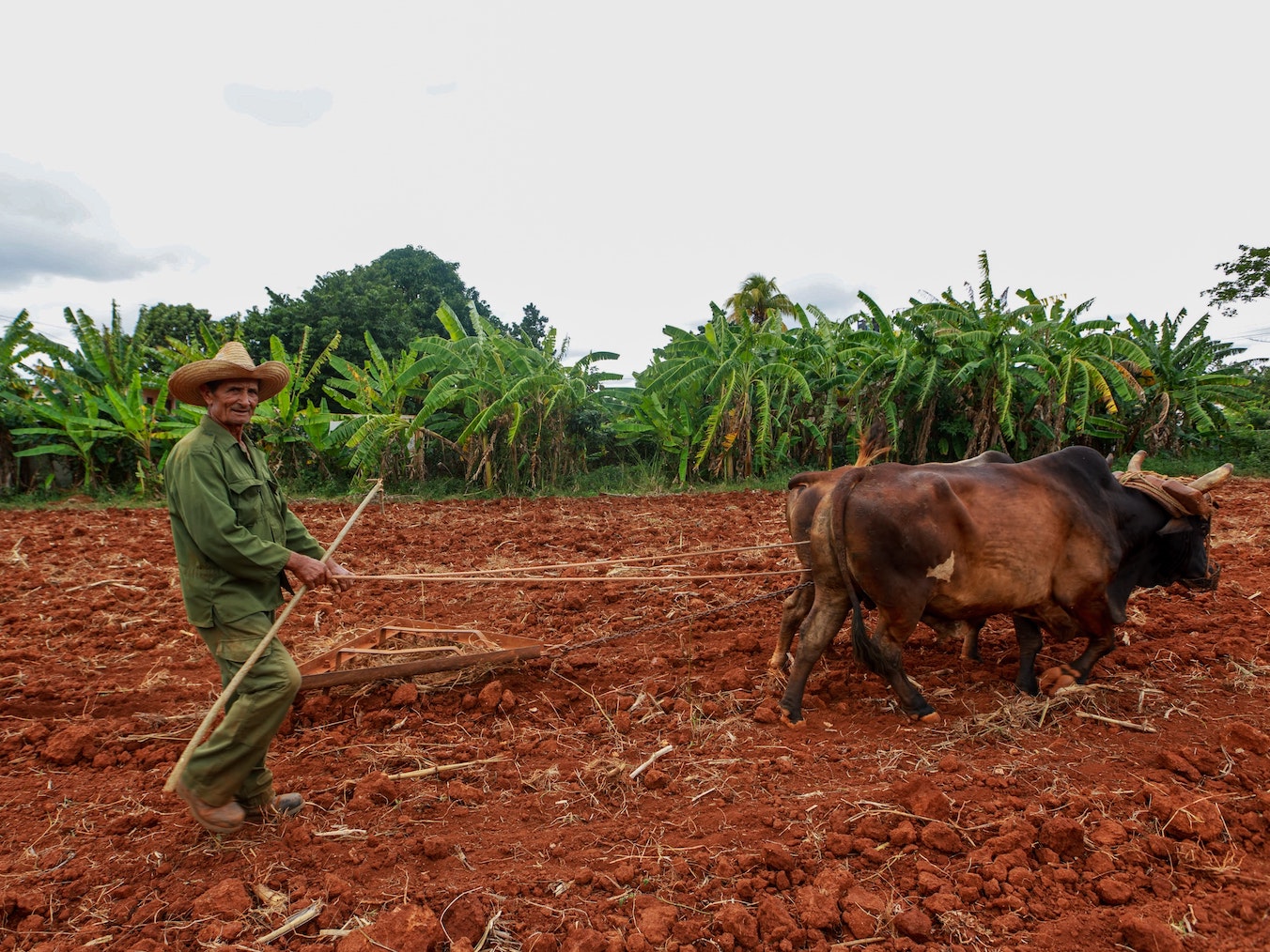Acre, Brazil is the location of a successful case study showing that various stakeholders can be brought together to curb deforestation. As part of a movement spurred by REDD (Reducing Emissions from Deforestation and forest Degradation) to eliminate deforestation in the supply chains of products like palm oil, beef, soy, and paper.
Acre is a state in Brazil that in 2005 committed to reducing deforestation by 80% by 2020. To reduce deforestation, Acre implemented various programs:
- Forest Stewardship Council (FSC) certifications which help to ensure the wood products being sold into the market come from responsibly managed forests.
- Zero-Deforestation Beef Growth which helps raise more cattle on already cleared land so additional forest doesn’t need to be cut.
- Rewards for indigenous peoples who restore degraded lands by utilizing traditional, sustainable land use practices.
By 2010 Acre had reduced its deforestation by 60%. However, political and economic forces caused an increase in deforestation throughout Brazil starting in 2012.
Satellite imagery shows the rate of deforestation from 1985 – 2020.
